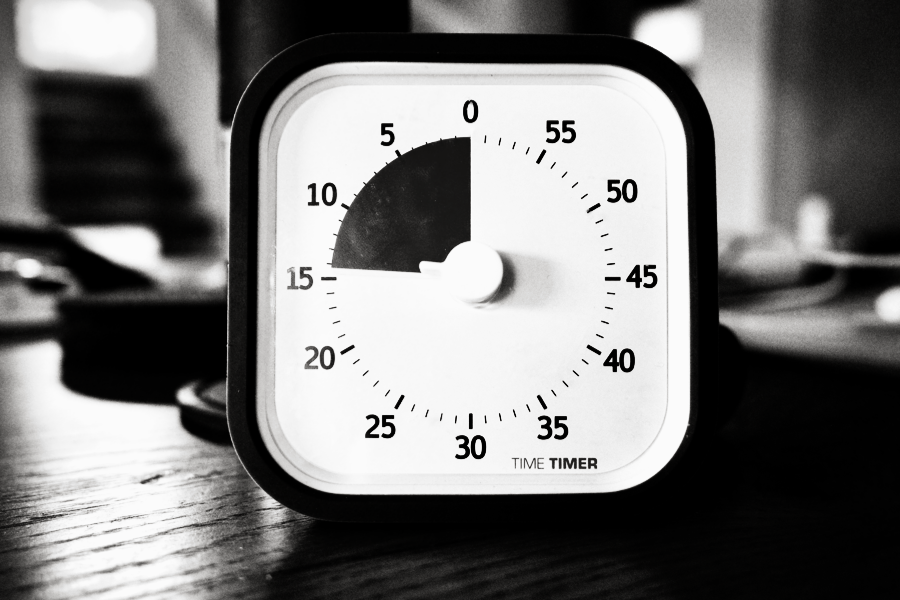2.5% is a lot to give up
You wouldn’t pay Instagram 2.5% of your monthly income, would you? You wouldn’t give a neighbor 2.5% of your front yard. You wouldn’t want to lose 2.5% of your hair, right?
Why I’m disappointed
As I’ve been researching for my second book, I’ve come across some slightly disappointing findings.
There is no such thing as an urgent email
Is this true? If something is really urgent, won’t someone just call?
In a creative rut? Empty the dishwasher
It’s not ideal to go straight from a high-stimulation activity into a creative session.
The prod-facade
Working all day is not productive. It has the feeling of productivity, but it is not actually so.
Choose recharge, not escape
Once upon a season of immense stress (I was producing The Chainsmokers live set at Summit One Vanderbilt), I told myself something along these lines.
The one thing I use AI for
I’m such an AI hater. I routinely turn down what could be lucrative brand deals with AI video and text generation startups because it doesn’t sit right with me. However, I’ve found myself turning to AI for one specific task.
Voluntary imposition of constraints
“What characterizes binding behavior is the voluntary imposition of constraints (that are costly to overcome)”
Set a timer for 30 minutes
A short burst of intense focus can deliver more results than we tend to think.
More love for the pomodoro timer
Commonly, folks will work for 25 minutes on, and five minutes off. When I started using this method, I worked for 48 minutes on, 12 minutes off.
What if you never catch your big break?
What if dreaming about getting rich is the very thing keeping you from getting rich?
Thinking is the antithesis of working
An unexpected discovery I’ve made while in “queen bee” mode is that it’s difficult to be productive while you plan.
Stop asking AI (and people) leading questions
I see people often ask ChatGPT questions like “do you think this marketing idea is cool for Gen-Z?” Or they’ll ask “does this company have a big budget?”
You’re giving away 6% of your day
If you made $1,000, and then someone called you out of the blue and asked for $62, without any urgent need or reason, would you give it to them?
The bellcurve of efficiency
There’s a bellcurve of efficiency in creative projects. Working too slow creates waste. Working too fast creates waste, as well.
Stop saying “five minutes”
This sentence has lost all meaning. It’s so commonly used, so now, it’s more of an expression than a measurement of time.
What to outsource (and what to do yourself)
When you run your own business, it’s difficult to decipher which tasks you should be doing, and which tasks you should be outsourcing.
“Just Google it!”
If everyone has access to the same ambiguous, potentially incorrect information, it’s no longer an advantage.
The mirage of compromise
As a younger person, I loved compromises. What’s not to love about people agreeing on a plan they can both accept? Why does one person always need to win?
Switches and dimmers
Where can I incorporate switches instead of dimmers? How can I be fully present with one thing, and turn the rest off—even for an hour?



















